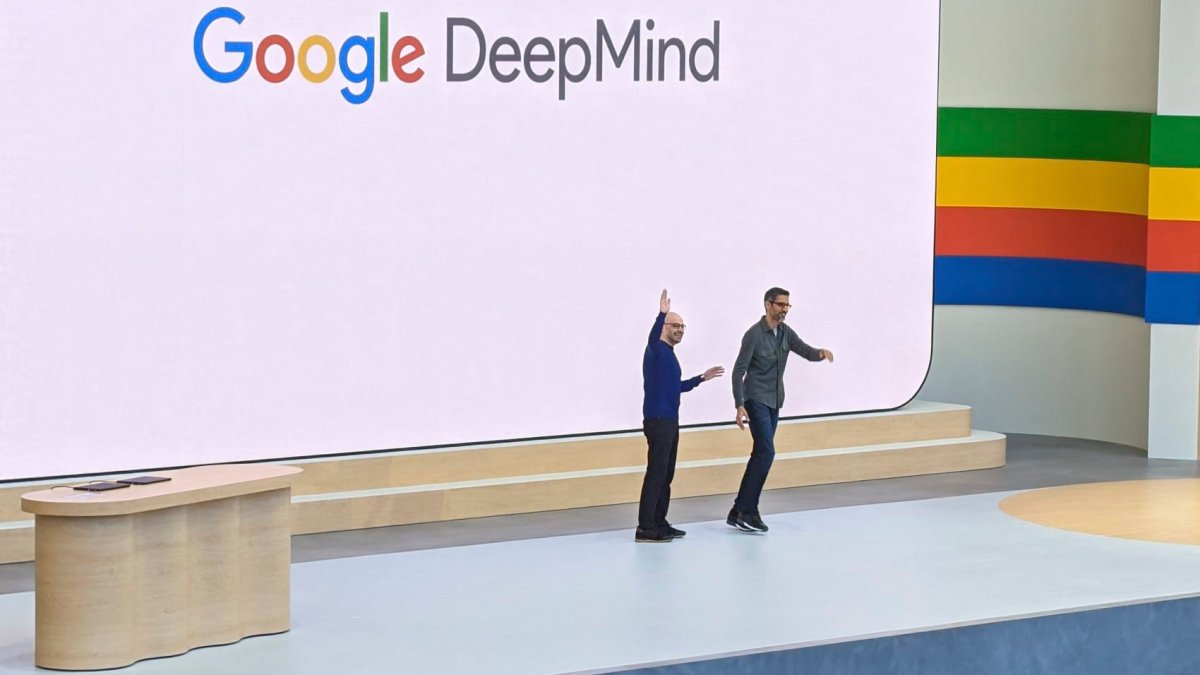DeepMind Announces Plans to Utilize AI Models for Physical Robots

Google DeepMind Launches New AI Models for Robotics
Introduction to Gemini 2.0
On Wednesday, Google DeepMind unveiled two innovative AI models designed to enhance robotics: Gemini Robotics and Gemini Robotics-ER (Extended Reasoning). These models operate on Gemini 2.0, which Google has designated as its most advanced AI to date. The new models shift the focus from traditional outputs like text and images to physical actions, allowing robots to respond to commands in real-time.
Collaboration with Apptronik
Google is collaborating with Apptronik, a robotics company based in Texas, to develop the next generation of humanoid robots using Gemini 2.0. Apptronik has previously partnered with influential organizations like Nvidia and NASA, and recently announced that Google participated in a $350 million funding round for its initiatives. The partnership aims to create robots with enhanced capabilities, making them more effective helpers in various tasks.
Demonstration of Robotic Capabilities
In several demonstration videos, Google showcased how Apptronik’s robots, powered by the new AI models, can perform everyday tasks, such as:
- Plugging devices into power strips
- Filling a lunchbox with items
- Moving around plastic vegetables
- Zipping up bags
These activities were demonstrated in response to spoken commands, highlighting the potential for robots to assist users in real-life scenarios.
Essential Qualities of AI in Robotics
According to Google, robots powered by AI need to possess three key qualities to be useful for people:
- General Adaptability: The robots should be able to adjust to different environments and situations effectively.
- Interactivity: They must quickly understand and respond to spoken instructions or changes in their surroundings.
- Dexterity: The robots should perform tasks that involve delicate manipulation, similar to how humans use their hands.
Gemini Robotics-ER for Developers
Gemini Robotics-ER is geared specifically towards roboticists who wish to develop their own models. This AI model will be available to Apptronik and select "trusted testers," including well-known robotics companies like Agile Robots, Agility Robots, Boston Dynamics, and Enchanted Tools.
Industry Competition in Robotics
Google’s venture into the robotics space is part of a broader trend in the tech industry. In November, OpenAI invested in a startup named Physical Intelligence, which specializes in creating AI models capable of operating in the physical world. In addition, OpenAI is hiring seasoned experts in robotics to spearhead its initiatives in consumer hardware.
Tesla is also making strides in humanoid robotics with its Optimus robot, showcasing the growing interest among tech giants in this field. As Google’s CEO Sundar Pichai has pointed out, robotics serves as an ideal testing ground to apply AI advancements in real-world settings.
Potential Impact on the Future
The integration of AI and robotics has immense potential to reshape various industries. By employing multimodal AI models, Google’s robots aim to adapt quickly and make real-time adjustments to their environment, which could revolutionize how tasks are accomplished in homes, workplaces, and beyond.
As the competition in AI-driven robotics heats up, the advancements made by companies like Google, OpenAI, and Tesla will likely lead to significant innovations that transform our daily lives. These efforts showcase the ongoing commitment to enhancing technology’s role in improving efficiency and convenience in everyday tasks.






